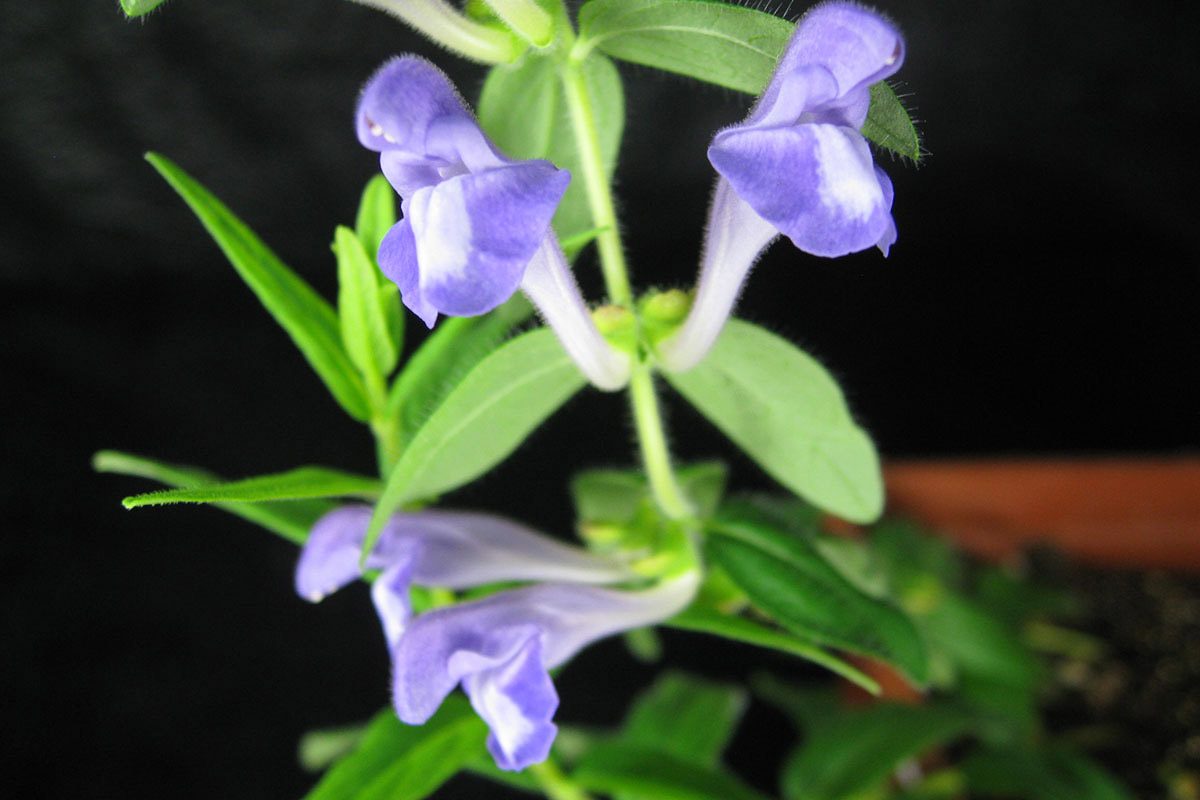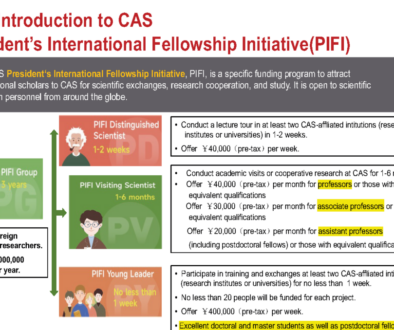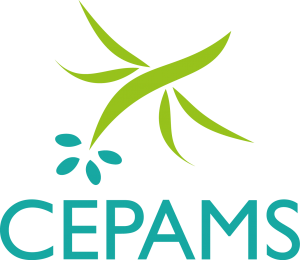Chinese-UK project reveals ancient secrets of medicinal mint

The precious chemistry of a plant used for 2,000 years in traditional Chinese medicine has been unlocked in a project that raises the prospect of rapid access to a wide array of therapeutic drugs. Carried out by CEPAMS – a partnership between the Chinese Academy of Sciences and the John Innes Centre – the project has successfully delivered a high-quality reference genome of the mint-family member Scutellaria baicalensis Georgi.
The plant, commonly known as Chinese Skullcap, is well-known in Traditional Chinese Medicine (TCM) and is cultivated worldwide for its therapeutic properties. Preparations of its dried roots, ‘Huang Qin’, show pharmacological activities conferred by novel compounds called flavonoids, including antibacterial, antiviral, antioxidant, anti-cancer, liver-protective and neuroprotective properties.
Despite the commercial interest and increasing demand for Scutellaria, improvements through breeding have been limited by a lack of genome information.
The development means that researchers are now able to identify the genes that produce a wealth of valuable compounds, and then turn them into drug candidates using metabolic engineering techniques in the lab. The sequencing project outlined in the journal Molecular Plant, also provides a reference gateway for genetic exploration of other valuable members of the Lamiaceae or mint family.



